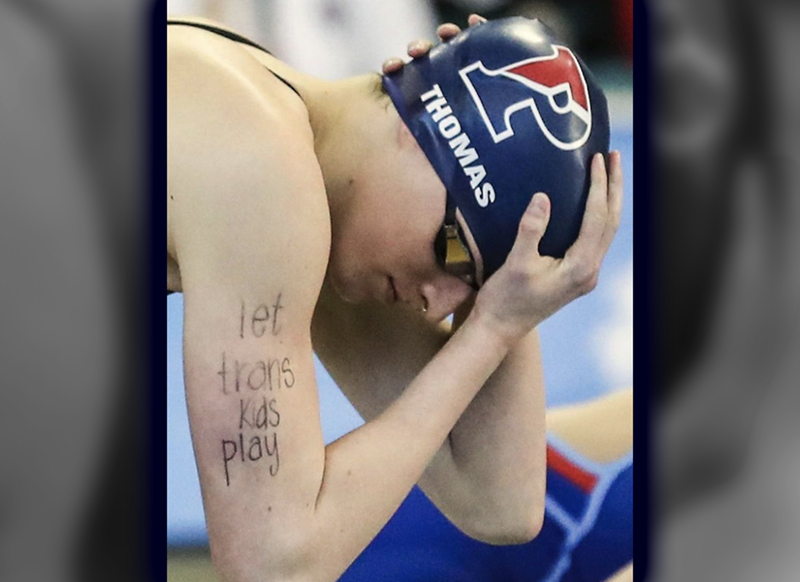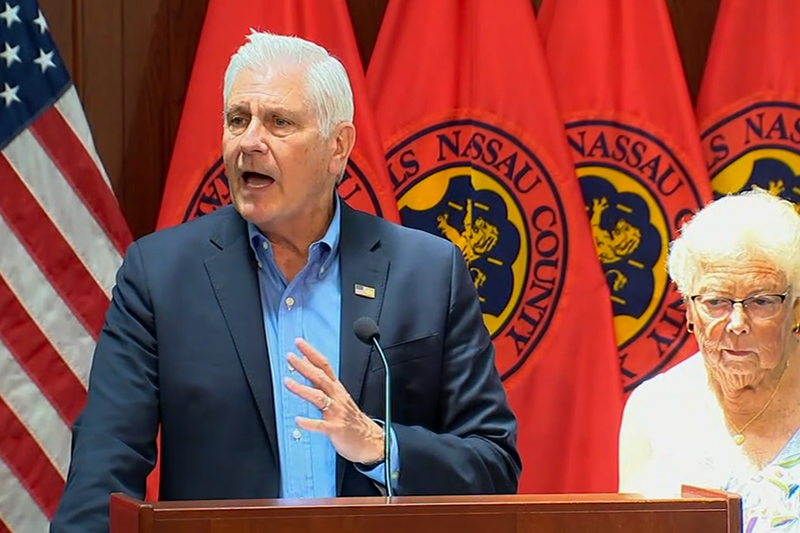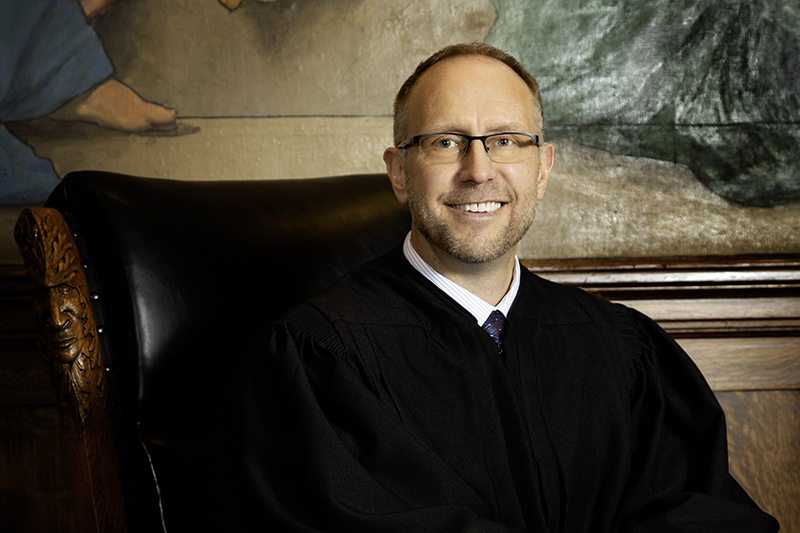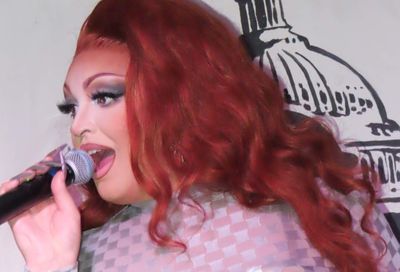New York City Council will repeal its conversion therapy ban to avoid Supreme Court challenge
LGBTQ people will still be protected from sexual orientation change efforts under a narrower statewide ban

The New York City Council plans to repeal its ban on conversion therapy in order to avoid a possible Supreme Court challenge that they say would otherwise put more people at risk of being subjected to the discredited therapy.
The move is designed to neutralize a federal lawsuit brought against the city in January by the anti-LGBTQ Alliance Defending Freedom — a conservative legal organization that purports to defend “religious freedom.”
ADF claims that the city’s 2017 law is overly broad and infringes on freedom of speech for both therapists who wish to offer the therapy and clients who are struggling with “unwanted same-sex attraction.”
The ban currently goes further than New York state law, prohibiting consumers from being charged “for services intended to change a person’s sexual orientation or gender identity,” and subjecting those who engage in the therapy to a $1,000 fine for each violation.
By repealing the law, the Council hopes to undercut ADF’s lawsuit, indicating they have no faith in the federal courts — now being packed with dozens of anti-LGBTQ judges, courtesy of the Trump administration — to uphold the law and avoid issuing a sweeping ruling that would endanger other, less broad laws prohibiting conversion therapy.
“Obviously I didn’t want to repeal this. I don’t want to be someone who is giving in to these right-wing groups,” Council Speaker Corey Johnson, who is gay, said in an interview with The New York Times. “But the Supreme Court has become conservative; the Second Circuit, which oversees New York, has become more conservative.”
Johnson introduced a bill to repeal the ban on Thursday. The Council is expected to pass it swiftly and Mayor Bill de Blasio is expected to sign it into law.
However, LGBTQ people would not be left completely unprotected, as New York State law has a less restrictive, more narrowly tailored ban on the therapy in place.
When the City Council passed the ban two years ago, it did so out of desperation and frustration that the then-Republican-led State Senate was blocking any pro-LGBTQ legislation.
Following the 2018 elections, when Democrats won an outright majority, they were able to pass a statewide ban on conversion therapy that was similar to bans passed in other states.
“I’m heartened that the City Council pulled back a statute that could undermine efforts nationally to end conversion therapy because it might be viewed as overly broad,” State Sen. Brad Hoylman, the sponsor of the statewide ban, said in a statement. “The legal climate is less favorable at the federal level for the LGBTQ community. We crafted the law specifically to pass a legal challenge because we knew this was an area that anti-LGBT[Q] legal forces were exploring.”
Roger Brooks, a senior lawyer with the Alliance Defending Freedom, told the Times that the city law “was a textbook violation of free speech and the right of individuals to pursue the lives and identities they want to exercise,” and believed that the courts would agree with that assessment.
Alliance Defending Freedom is still likely attempt to sue the state over its law.
But federal courts have previously found that states like California and New Jersey — two of the first to pass bans on conversion therapy — have the right to set professional and licensing regulations for medical and mental health professionals.
The Supreme Court refused to take up appeals of lower court rulings in favor of the bans, allowing the laws to stand.
Thus far, 18 states and the District of Columbia have passed laws prohibiting therapists from subjecting minors to the therapy, which most mental health professionals have deemed ineffective and believe contribute to higher rates of depression, a lack of self-worth, and increased suicidal ideation.
Former Council Speaker Melissa Mark-Viverito, who sponsored the 2017 legislation, also supports efforts to repeal the ban.
“I was very proud at the time, because we were doing something out of the box and we were aggressive,” she said. “But understanding the climate we are in today, I’m not interested in putting anyone’s rights in jeopardy or weakening our power as a city.”
The Williams Institute, an LGBTQ-focused think tank at the University of California-Los Angeles School of Law, estimates that nearly 700,000 LGBTQ adults ages 18 to 59 have been subjected to conversion therapy, with more than half having received it as adolescents.
The National Center for Lesbian Rights, which has attempted to pass bans on conversion therapy in all 50 states through its #BornPerfect campaign, believes the less aggressive state bans provide enough protection and allow those who feel duped or harmed by the therapy to seek compensation.
Shannon Minter, the group’s legal director, says that the current political environment means LGBTQ activists must be more strategic when proposing such laws before they are enacted, lest they provoke the ire of the federal judiciary.
“Now that the state has passed its law the New York City law does not create any new rights that don’t exist,” Minter said. “Having to defend that lawsuit is a completely unnecessary distraction.”
Read more:
James Baldwin’s New York City residence added to National Register of Historic Places
Activists call for head of French Football Federation to resign for anti-gay chant order
Stafford County School Board passes LGBTQ-inclusive nondiscrimination policy
Support Metro Weekly’s Journalism
These are challenging times for news organizations. And yet it’s crucial we stay active and provide vital resources and information to both our local readers and the world. So won’t you please take a moment and consider supporting Metro Weekly with a membership? For as little as $5 a month, you can help ensure Metro Weekly magazine and MetroWeekly.com remain free, viable resources as we provide the best, most diverse, culturally-resonant LGBTQ coverage in both the D.C. region and around the world. Memberships come with exclusive perks and discounts, your own personal digital delivery of each week’s magazine (and an archive), access to our Member's Lounge when it launches this fall, and exclusive members-only items like Metro Weekly Membership Mugs and Tote Bags! Check out all our membership levels here and please join us today!


























You must be logged in to post a comment.